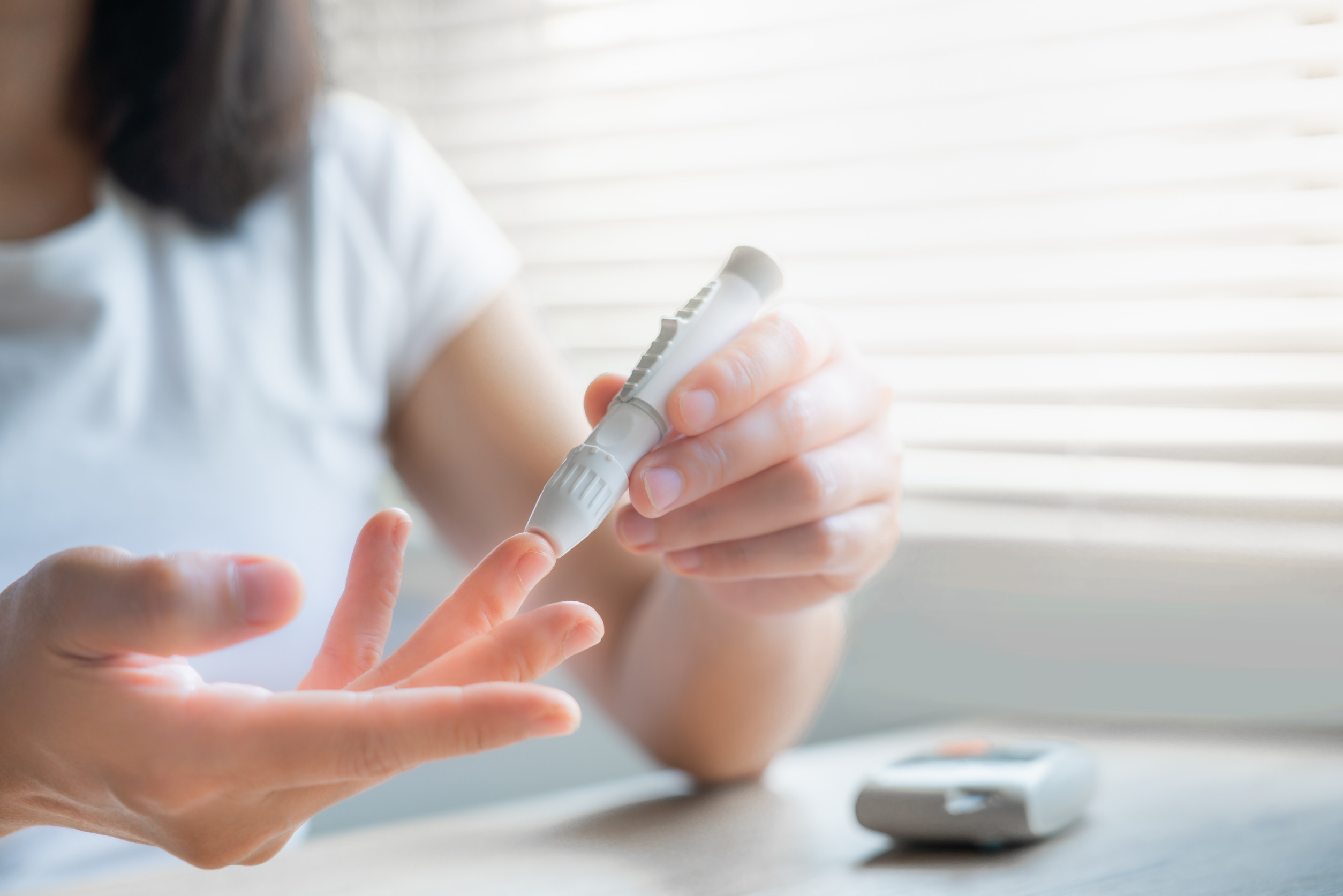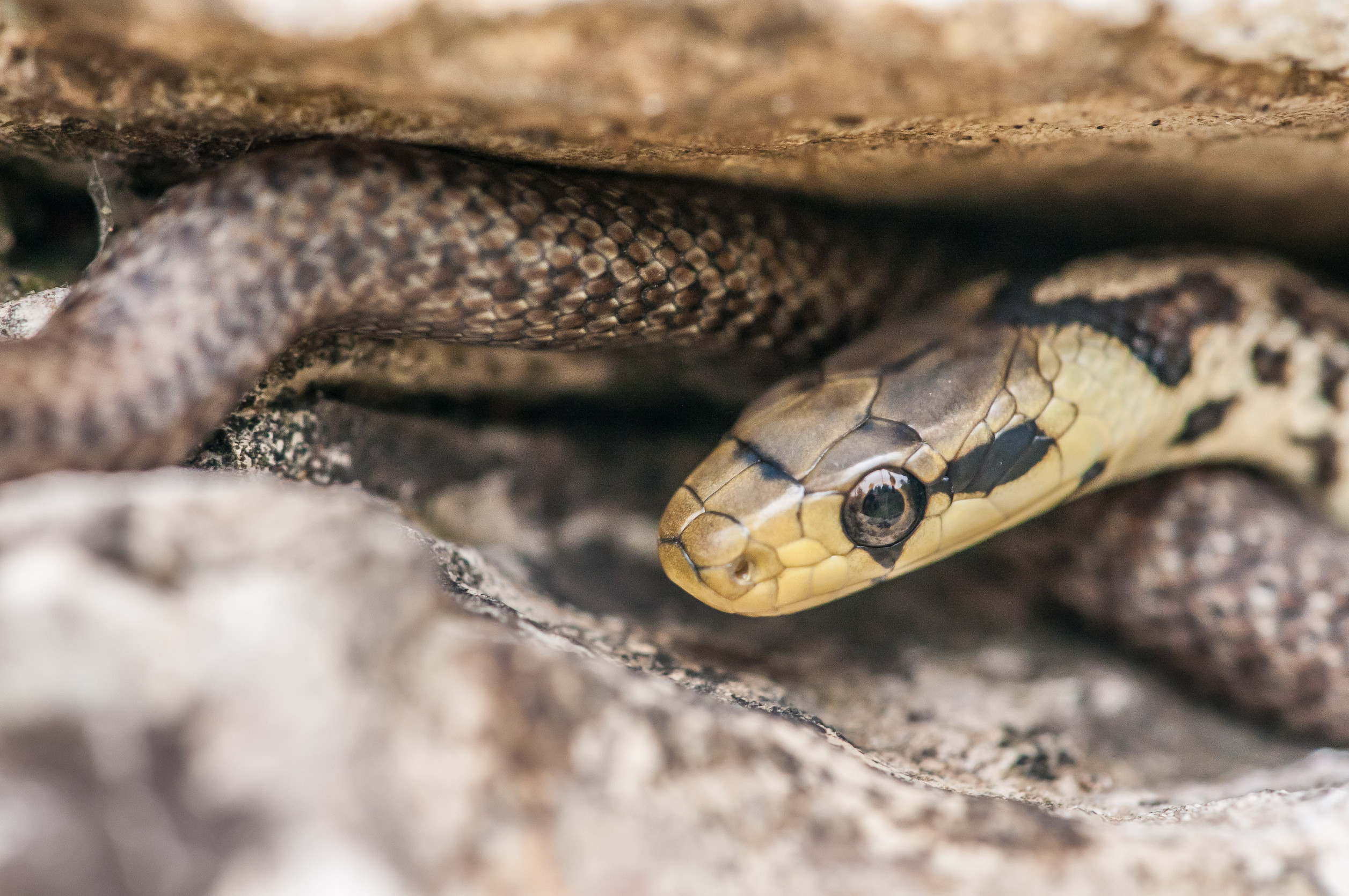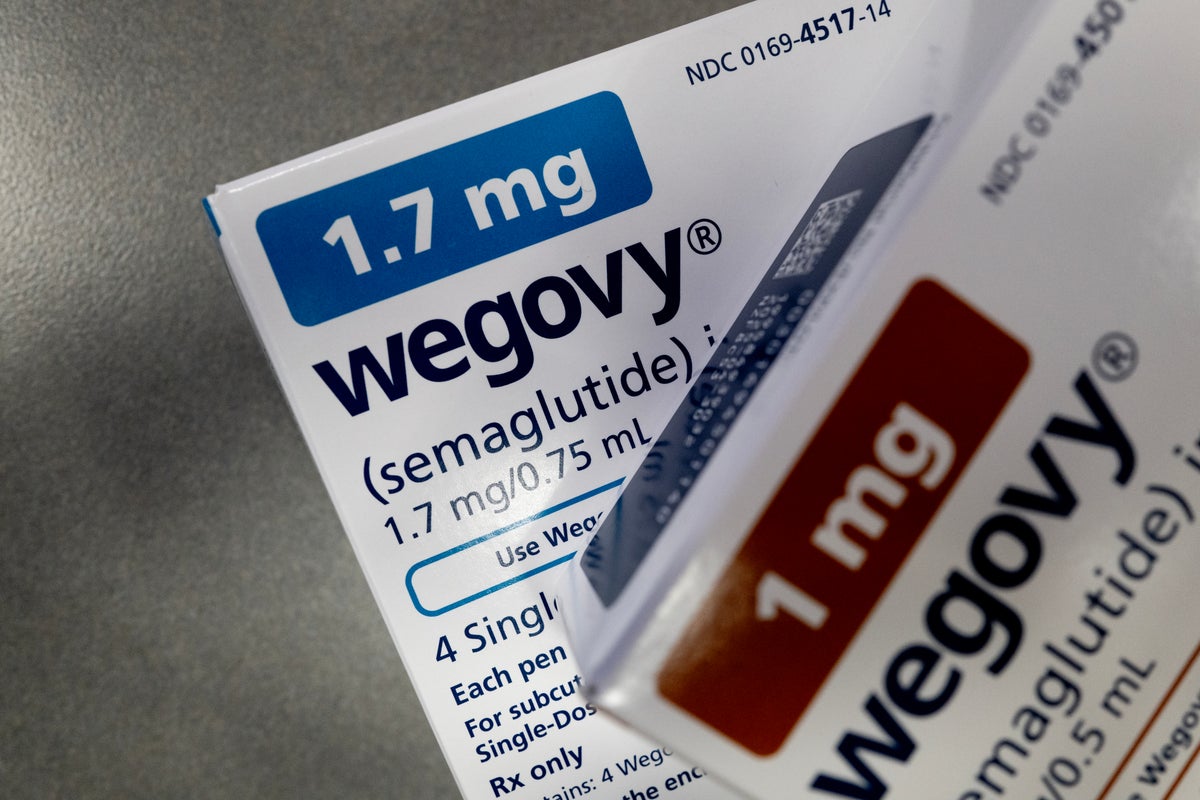Top doctor reveals five sneaky things people have no idea cause cancer READ MORE: The six strange habits that could prevent cancer By ISHITA SRIVASTAVA FOR DAILYMAIL.COM and EMILY JOSHU STERNE, SENIOR HEALTH REPORTER FOR DAILYMAIL.COM Published: 20:52, 10 May 2025 | Updated: 20:52, 10 May 2025 e-mail View comments A leading oncologist has revealed the five common habits that could increase your risk of developing cancer.
Dr Mikkael Sekeres, chief of hematology at the Sylvester Comprehensive Cancer Center in Florida , recently warned unexpected day-to-day activities may lead to cancer developing in the body. While an explosion of colon cancers in people under 50 has made headlines in recent years, government scientists have now found 14 other types of cancers are also rising among the young. In a recent comprehensive review of more than 2million young cancer patients diagnosed between 2010 to 2019, researchers found 14 cancers were on the rise : Stomach, colon , pancreatic, bone and joint, melanoma, female breast, cervical, uterine, testicular, kidney and four types of cancers of the lymph system.

While it's well known cigarette smoking and alcohol can cause cancer, even seemingly healthy drinks like hot tea could cause damage and lead to throat cancer. And though one in three Americans have tattoos, some studies suggest getting one could raise the risk of lymphoma . Even dyeing your hair has been linked to hormone-sensitive cancers like breast and ovarian cancer.
Drinking hot drinks is thought to damage cells in the esophagus, which could lead to inflammation linked to throat cancer (stock image) Writing for the Washington Post , Dr Sekeres cautioned 'none of these factors has evidence on par with risks like drinking alcohol,' but they may warrant further research to determine exactly how risky they are. Below, DailyMail.com reveals the five common activities that may raise the risk of cancer: Excessively hot drinks It's well known that alcohol can increase the risk of several forms of cancer, as it breaks down into acetaldehyde, a toxic chemical that damages DNA and creates inflammation.
However, even drinking hot beverages like tea may raise the risk of throat cancer. A study from China found people who drank burning-hot tea - over 140 degrees Fahrenheit (60 degrees Celsius) - and at least one alcoholic beverage every day had a five-fold greater risk of esophageal cancer than those who did not. And drinking the hot tea alone every day doubled the risk.
Additionally, research from the UK found almost twice the risk of throat cancer in people who drank four to six cups of hot coffee or tea every day compared to those who didn't drink it at all. Drinks above 140 degrees Fahrenheit are thought to damage cells in the esophagus when the tea is consumed multiple times a day for years. Dr Sekeres said: 'It's reasonable to avoid regular intake of any very hot beverage, though it is more important for you to stop smoking and avoid drinking alcohol.
' Grilling Grilled meats are thought to release cancer-causing chemicals linked to colon cancer (stock image) As summer weather sets in, millions of Americans are firing up their grills. However, Dr Sekeres warns against eating meats cooked at high temperatures, such as hot dogs or burgers. He warns grilling meats like beef, poultry, fish or pork at high temperatures generates heterocyclic amines and polycyclic aromatic hydrocarbons - groups of chemical compounds that are known to be mutagenic and potentially carcinogenic.
Dr Sekeres wrote: 'This occurs as the meat proteins react to the heat and as fat and juice drip onto the fire’s surface, causing flames and smoke.' Recent research suggests chemicals created by these meats trigger harmful inflammation and oxidative stress, an imbalance between disease-fighting antioxidants and harmful free radicals, which attack cells and tissues. Pictured is Dr Mikkael Sekeres, the Chief of Hematology at the Sylvester Comprehensive Cancer Center in Florida This increases the risk of colon cancer, which is surging in young Americans .
The Department of Health and Human Services has determined some polycyclic aromatic hydrocarbons may 'reasonably be expected to be carcinogens' and some people who have breathed or touched mixtures of these chemicals for long periods of time have developed cancer. In animal studies, animals breathing in air or ingesting food containing polycyclic aromatic hydrocarbons developed lung cancer and stomach cancer. Meanwhile, heterocyclic amines may contribute to cancer by causing gene mutations and causing the new cells to grow in an uncontrollable manner to form a tumor.
In animal studies, rats that ingested heterocyclic amines developed cancers of the mammary glands, colon and pancreas. Dr Sekeres limits his high-heat cooked meat to once a month, even during grilling season. He wrote: Because there is strong evidence that red and processed meat is linked to cancer , my advice would be to limit grilling and consuming those in particular.
'Less grilling is better, and each of us must determine our own tolerance for cancer risk when deciding how often to consumed grilled meats.' Chemical hair straighteners and dyes Hair dyes can contain chemicals like formaldehyde, a known carcinogen (stock image) Dyeing or straightening your hair could also increase your risk of developing cancer. Dr Sekeres explains this is because hair dye and chemical straighteners contain formaldehyde, a proven carcinogen in humans, and phthalates, toxic chemicals used to make plastics more flexible and durable.
They are also shown to be endocrine-disrupting chemicals, meaning they imitate the body's hormones and interfere with the production of - and response to - natural hormones like estrogen and testosterone. This increases the risk of developing hormone-sensitive cancers like breast and ovarian cancer. One 2020 study of sisters found those who used permanent hair dye were more likely to develop breast cancer than those who never used it.
Another 2022 study found using any straightening products within the previous year led to a higher chance of developing uterine cancer. Dr Sekeres wrote: Though the data are limited, I suggest reviewing the contents of your chemical hair products before using them, to see if they contain formaldehyde or endocrine-disrupting chemicals.' Tattoos Some small studies have suggested tattoo ink may increase the risk of lymphoma and skin cancer.
However, experts are cautious about the results (stock image) One in three Americans has at least one tattoo, and 22 percent have more than one, according to recent data from Pew Research Center. While the procedure is generally considered harmless, a recent study suggested tattoos could increase the risk of lymphoma - a type of cancer in the lymphatic system, a network of vessels and glands that are part of the immune system. Researchers in Sweden found tattooed people had a 21 percent higher risk of the cancer than people without ink.
The team suggested potentially carcinogenic chemicals in the ink activate an immune response when injected. The exact list of chemicals depends on the ink brand, but there are usually synthetic molecules, stabilizers and heavy metals like cadmium, which has been linked to kidney damage, bone disease, lung disease and an increased risk of certain cancers. Additionally, a small Danish study of twins found those with tattoos were 62 percent more likely to develop skin cancer, as chemicals in the ink may accumulate in the lymph nodes, glands that are a vital part of the body's immune system.
The dye could trigger chronic inflammation, leading to abnormal cell growth and an increased risk of cancer, the researchers said. However, Dr Sekeres cautioned both studies are small and can't prove direct causation. He said: 'Even if the link is true, because lymphoma is a rare cancer diagnosis, affecting just 21 per 100,000 people in the United States yearly, the chances of developing lymphoma from getting a tattoo would be quite small.
' Hookah smoking Hookah smoke has high levels of harmful chemicals including tar, carbon monoxide, heavy metals and cancer-causing chemicals called carcinogens Shisha or hookah smoking involves burning flavored tobacco with charcoal and then breathing in the tobacco smoke using a mouth pipe. Recent research suggests one in 100 Americans have smoked hookah at least once. While many believe this form of smoking is healthier than smoking cigarettes because they think the water in the device filters the smoke, studies have shown this is a common misconception.
Hookah smoke has high levels of harmful chemicals including tar, carbon monoxide, heavy metals and cancer-causing chemicals called carcinogens. Dr Sekeres said hookah smokers are exposed to more carbon monoxide than people who smoke cigarettes because sessions last longer, around one to two hours, compared to a few minutes for cigarettes. In fact, the FDA estimates during a one-hour long hookah session, users inhale up to 200 times more smoke than with a single cigarette.
Dr Sekeres cites a 2024 study of 40,000 people from northern Vietnam that found hookah smokers had elevated risks of dying from liver, lung, head and neck, and stomach cancers over an average of 11 years compared to those who didn't smoke. Dr Sekeres wrote: 'Scientists are confident that tobacco intake is linked to an increased cancer risk. My recommendation: Avoid all forms of tobacco, including smoking cigarettes and hookah.
' Florida China Share or comment on this article: Top doctor reveals five sneaky things people have no idea cause cancer e-mail Add comment Comments 0 Share what you think No comments have so far been submitted. Why not be the first to send us your thoughts, or debate this issue live on our message boards. Add your comment Enter your comment By posting your comment you agree to our house rules .
Submit Comment Clear Close Do you want to automatically post your MailOnline comments to your Facebook Timeline? Your comment will be posted to MailOnline as usual. No Yes Close Do you want to automatically post your MailOnline comments to your Facebook Timeline? Your comment will be posted to MailOnline as usual We will automatically post your comment and a link to the news story to your Facebook timeline at the same time it is posted on MailOnline. To do this we will link your MailOnline account with your Facebook account.
We’ll ask you to confirm this for your first post to Facebook. You can choose on each post whether you would like it to be posted to Facebook. Your details from Facebook will be used to provide you with tailored content, marketing and ads in line with our Privacy Policy .
.
Health

Top doctor reveals five sneaky things people have no idea cause cancer

Dr Mikkael Sekeres, the Chief of Hematology at the Sylvester Comprehensive Cancer Center in Florida, revealed the five everyday habits that may raise the risk of certain forms of cancer.















